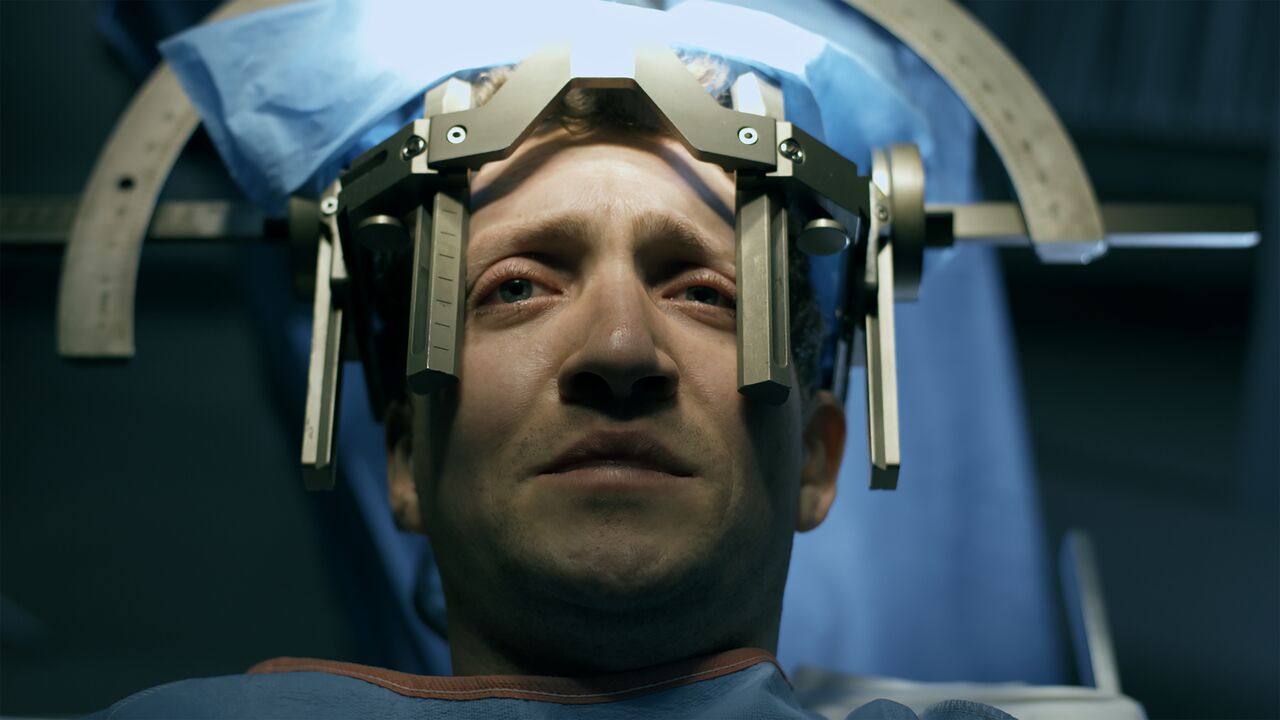
Fighting to feel in ‘Painless’
Written by: Bianca Garner, CC2K Staff Writer
Imagine being unable to feel physical pain; it sounds like a relief for many of us. However, if you didn’t feel pain how would you know if your body was severely injured, or whether you are suffering from a serious illness? Pain is universal, every creature on this planet shares a sense of it. To be unable to feel anything at all would make that individual the ultimate outsider. This is the premise for Jordon Horowitz’s first narrative feature; Horowitz previously helmed the acclaimed documentary Angel of Nanjing.
Painless is a creative take on the science fiction thriller which does its best not to allow its limited budget constraints to hold it back. Its original premise sets it apart from other independent sci-fi films and whose main character is relatable in a lot of ways.
Painless follows the struggle of Henry Long (Joey Klein) to be accepted by society. Henry was born with a rare condition that leaves him unable to feel physical pain. He lives in a state of fear and anxiety, never knowing when he might become seriously injured without realizing it, or worse, die from an internal injury he never knew existed. His constant state of fear leaves him completely alienated from those around him who cannot relate to his daily struggles.
Henry dedicates his life to finding a cure to his affliction and when he discovers a promising drug he is unable to obtain on his own, he gets involved with a dangerous scientist (Pascal Yen-Pfister) with a dark past and his own secret agenda. Henry soon finds himself having to decide whether his desire to be normal is worth paying the ultimate price before it’s too late.

Painless starts off strong and pulls the viewer in. The opening montage is shot like a home video where Henry as a young child is seen putting himself into terrible danger. At one point he puts his hand in a pot of boiling water and falls whilst playing at a park. Horowitz has said in interviews that these scenes are to help explain why Henry has become lonely and reclusive as an adult. His lack of physical pain has transformed into intense emotional pain.
However, the film feels a little static for the rest of its runtime; there is a lack of movement from the camera and an overuse of medium close-up and reaction shots. One can understand why this is the case, due to the film’s budget, but it acts as a distraction at some points. The choice of locations also reveals the small budget, although we see the resourcefulness of the director and his crew and it is clear that passion has driven this project.

Klein has a nervous energy to his performance and captures this sense of being the outsider. Klein demonstrates the need many of us share to fit in, and it’s through his body language that we see how his character has become severely affected socially by his condition. Klein keeps the narrative flowing and maintains the viewer’s interest when the script and the dialogue become a tad clichéd.
Evalena Marie gives a strong performance as Henry’s quirky love interest Shani, although her character is underdeveloped. Pascal Yen-Pfister’s character seems cliché and his dialogue comes across as if it’s been taken from the pages of a comic book, so as a result he never seems threatening. Luckily, the two main leads (Klein and Marie) hold the film together despite the supporting cast coming across as amateurish and their performances off-key which hinders the rest of the film.
Painless is a compelling first feature, although its restricted budget and short run-time holds the film back. Still, it maintains the viewer’s attention for eighty minutes. Horowitz has the ability to weave a great story and isn’t afraid of tackling genres many would be wary of. It will be interesting to see what direction he decides to go next. Will he stick with narrative film or documentary?
